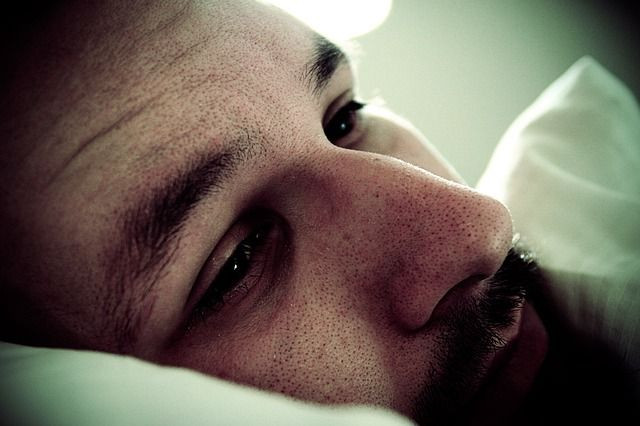Bipolar Patients Who Binge Eat Experience Wider Range Of Mental Illnesses

Among those with bipolar disorder, both obesity and binge eating are common, however, as separate conditions. Now, while looking for new treatments for the mood disorder, researchers have found that obese patients who binge eat may experience different symptoms of bipolar disorder than those who don't binge eat, but are obese.
The study, which was supported by Mayo Clinic and the Lidner Center of Hope, examined the Mayo Clinic Bipolar Biobank, a resource for bipolar research that contains biological samples and clinical data for over 2,000 individuals, ages 18 to 80. They found that patients who binged on food were more likely to have problems with suicidal thoughts, psychosis, anxiety disorder, and substance abuse. Meanwhile, those who didn't binge eat, but were obese, were more likely to have common physical problems, including arthritis, high blood pressure, diabetes, and heart disease.
"Patients with bipolar disorder and binge eating disorder appear to represent a more severely ill population of bipolar patients," Dr. Susan McElroy, chief research officer of the Lindner Center of HOPE, said in a statement. Identification of this subgroup of patients will help determine the underlying causes of bipolar disorder and lead to more effective and personalized treatments."
As much as four percent of the U.S. population has some form of bipolar disorder, co-author of the study, Dr. Mark Frye said. Just under 10 percent of those also have a binge eating disorder, and it's at a higher rate than what has been seen among the rest of the population.
The researchers hope to find treatments that would stabilize mood while also decreasing the likeliness that a symptomatic patient would binge eat as a side effect. Oftentimes, antidepressants and antipsychotics can increase appetite, and therefore, weight.
"Treatment contributes to the problem of obesity," Dr. Thomas R. Insel, director of the National Institutes of Health, told The New York Times. "Not every drug, but that has made the problem of obesity greater in the last decade."
People with serious mental illnesses, such as bipolar disorder or schizophrenia are 50 percent more likely to be obese than the general population, and it's not only because of the medications they're taking. A study found that reduced exercise, poor diet, frequent depressive episodes, substance abuse, and poor quality medical care all contributed to obesity among people with bipolar disorder.
Bipolar disorder, also known as manic-depressive disorder, is characterized by mood swings — whether it's a few times a year or many times a day — in which a patient can experience symptoms of depression, such as sadness and hopelessness, and then feelings of mania, such as euphoria and energy. Most scientists agree that there is no single cause for the illness, but instead, many separate factors that work together. Because of this, people can experience symptoms of bipolar disorder with varying degrees of severity.
"The illness is more complicated, and then by definition, how you would conceptualize how best to individualize treatment is more complicated," Dr. Frye said.



























